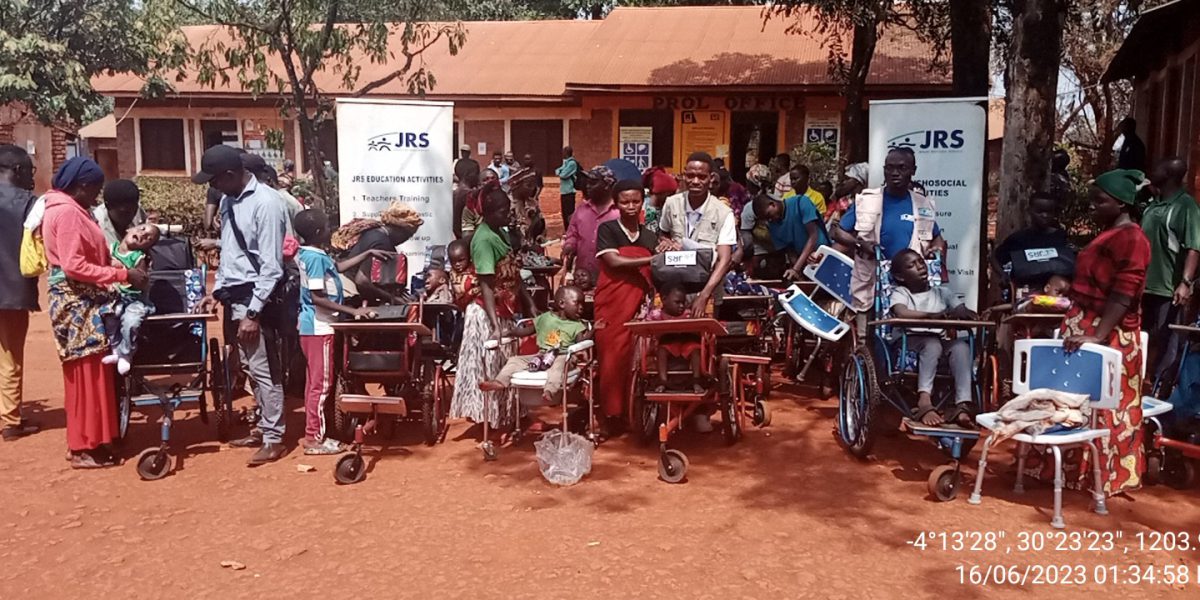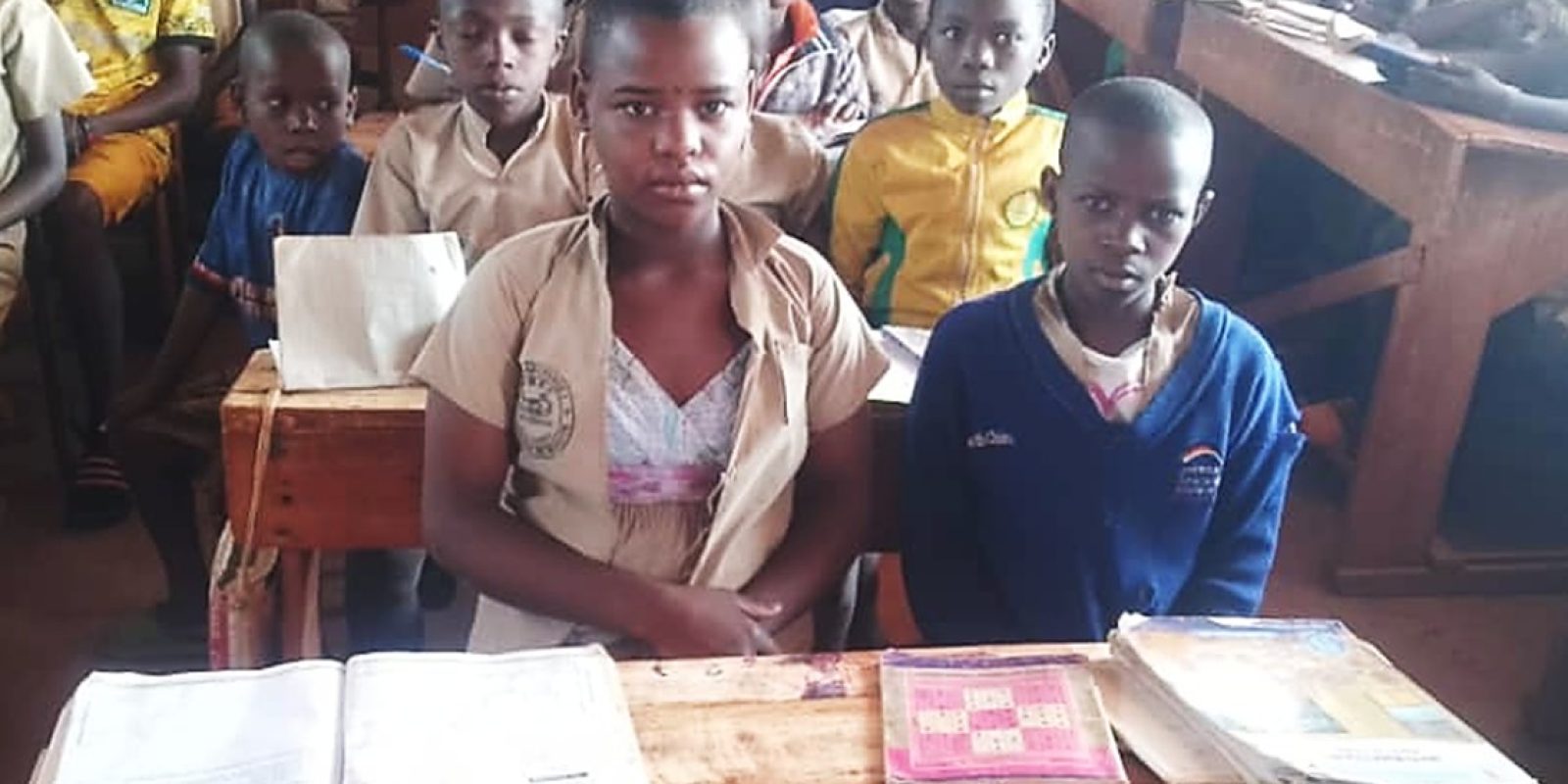
Inclusive education remains globally a subject of attention, as Children with Disability (CWD) still face challenges to access quality education. On this celebration of the International Day of the African Child, it is important to give close attention to CWD, particularly the ones living in the refugee camps as their living conditions are harsh.
In 2020, JRS Tanzania conducted an education needs assessment focusing on CWD within Nduta, Ntendeli, and Nyarugusu refugee camps to evaluate their education needs. Additionally, in 2023, they conducted a conflict assessment to analyze relationships between children with disabilities and other school stakeholders. This aimed to understand factors causing conflict and ensure the integration and acceptance of children with disabilities for sustained inclusive education.
Both assessments outlined structural, social, economic, and cultural obstacles hindering children with disabilities from accessing quality education. Socially and culturally, children with disabilities are victims of direct (mockery, insult, beating), cultural and structural violence, preventing them from benefiting from quality education and developing their potential.
The 2020 study found that the average duration for CWDs to progress from one grade to another was two years in the three refugee camps (or more), and only 1-2 hours per day in school, compared to over 7 hours for non-disabled children. Furthermore, the study reported that enrolment for CWDs in the refugee camps was below 10%, due to a lack of support in schools.
While schools are safer than their communities, both environments expose children with disabilities to stigmatization, discrimination, and exclusion from their peers and families. Among the group of children with disabilities, those with mental impairment are the most subjected to violence and labeled as “without educational future” even by their peers with other disabilities. The education curriculum does not address their specific needs, reinforcing their structural exclusion from quality opportunities.
The support system of children with disabilities, particularly teachers and parents, is equally subjected to violence. The 2023 assessment found that teachers were insulted by their peers as “crazy”, and physically assaulted by CWDs, and they were deprived of skills and a conducive learning environment to support the children. Furthermore, the parents have expressed feeling excluded from their community. If even the support system of children with disabilities is exposed to violence, this directly decreases its capacity to provide support and care.
Given the levels of direct, cultural and structural violence affecting children with disabilities and those associated with them, JRS has adopted a framework of reconciliation to address and reduce them. Reconciliation for JRS means to foster just and compassionate relationships in the place of dynamics governed by injustice and discrimination – exactly the kind of dynamics we have just outlined. Through this framework, JRS hopes to address the pervasive stigma and violence at different levels to create more humane perceptions and treatment of children with disabilities. This starts with acknowledging – in the heart of each one – that the way they are seen today is frequently harmful and impedes any educational efforts to improve their lot.
The situation above testifies to the need to create safe spaces for children with disabilities where they may find acceptance and empowerment, so that they are not left behind by the rest of their community. The importance of creating inclusive communities, celebrating differences, and providing equal opportunities to all stakeholders. The celebration of the International Day of the African Child is again a call, to remind us that all children must benefit from their rights, must be considered in decision-making, and must be provided with safe spaces to grow and develop their potential.



